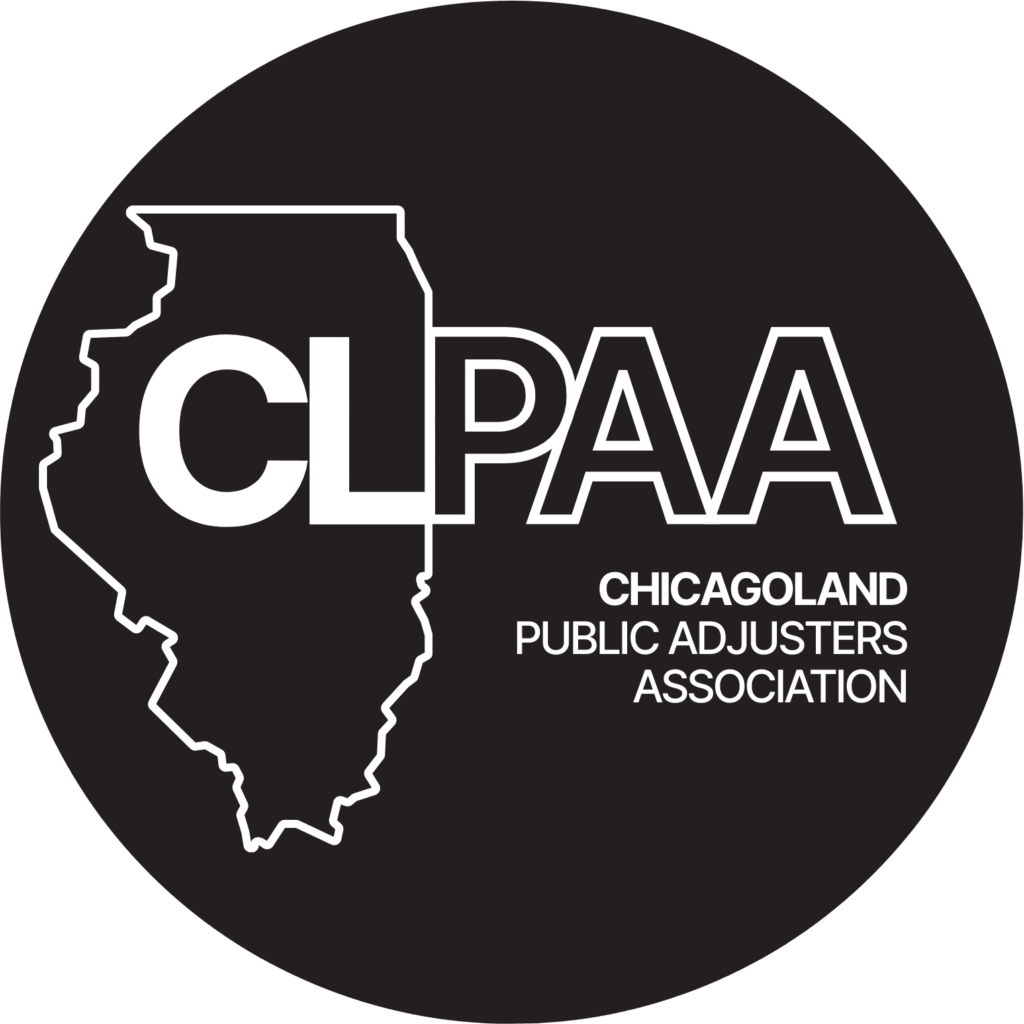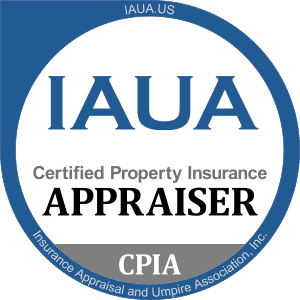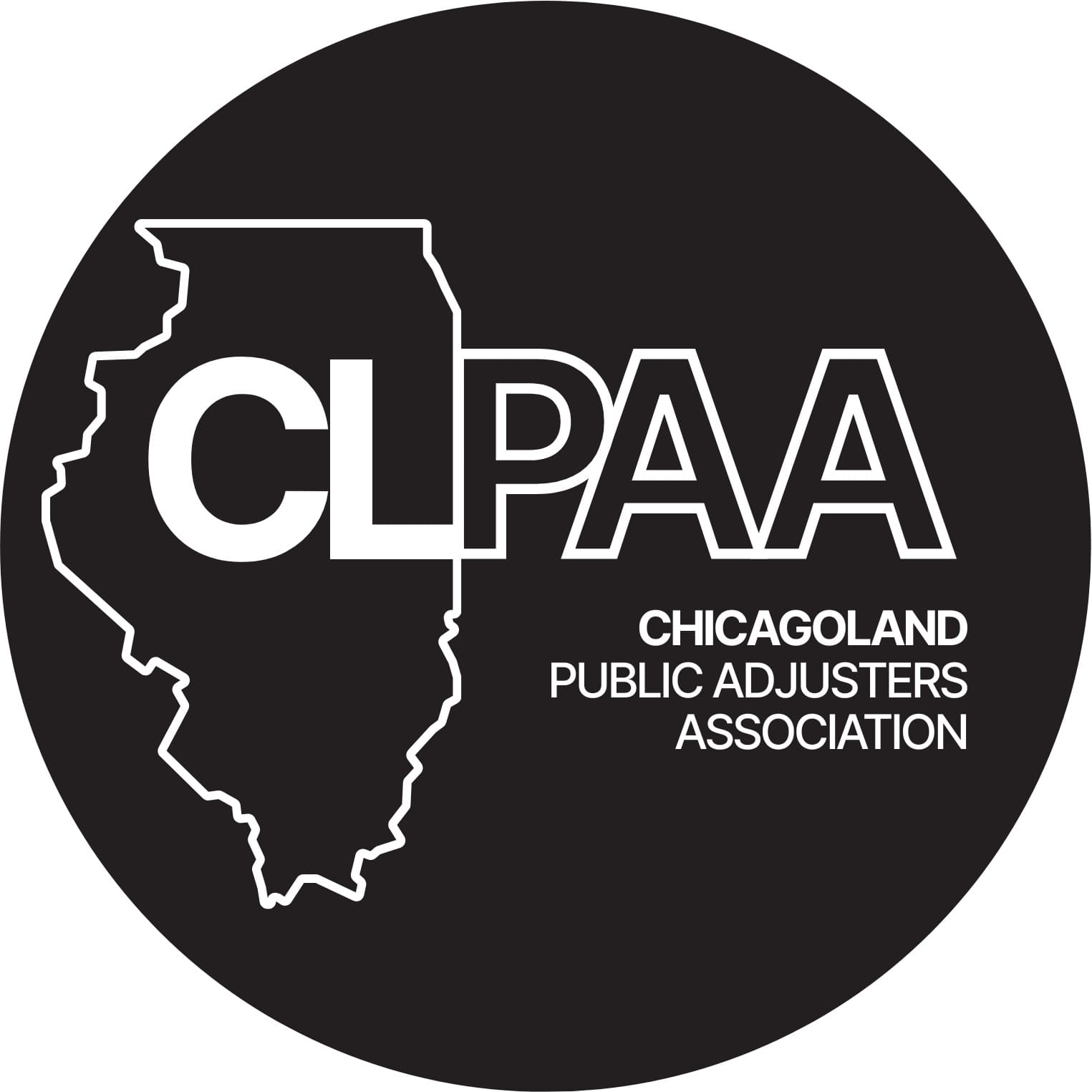
Refusing a home inspection is tempting for many homeowners. This could be due to privacy concerns or inconvenience. However, understanding the implications, legalities, and potential consequences is crucial before making such a decision. Consulting a public adjuster before taking such a decision can also help you better understand its implications. Public adjusters are known for their expertise regarding insurance and insurance claims. Therefore, reach out to one today.
This comprehensive guide explores the reasons behind home insurance inspections and the rights of homeowners. It also explains what happens if you refuse a home inspection.

What is a Home Insurance Inspection?
Home insurance inspections are evaluations that insurance companies conduct to assess the condition and risk associated with insuring a property. These inspections help insurers verify the information that policyholders provide in insurance applications. Furthermore, insurers use a home inspection to assess potential risks and determine appropriate coverage and premiums.
Can I Refuse a Home Insurance Inspection?
Yes, homeowners have the right to refuse a home insurance inspection. However, this decision comes with significant potential consequences. Refusing an inspection can lead to policy cancellation, non-renewal, or increased premiums. Thus, it is essential to weigh these consequences carefully before deciding to refuse an inspection.
Homeowners are protected under the Fourth Amendment. This means insurance companies cannot force their way onto your property without consent. However, most home insurance policies include clauses that allow insurers to request inspections. Refusing an inspection could be seen as non-compliance with policy terms, leading to serious repercussions.
Insurers may cancel your current policy or refuse to renew it if you deny them an inspection. This refusal is often viewed as a red flag, suggesting potential undisclosed issues with the property. If the insurer decides to provide coverage without an inspection, they may charge substantially higher premiums due to the unknown risk factors. Furthermore, without an updated inspection report, the insurer may deny claims or pay out less. This is because they cannot verify the home’s prior condition.
Why Do Inusrers Carry Out Home Insurance Inspections?
Risk Assessment and Mitigation
Home insurance inspections are a critical tool that insurance companies use to assess the current condition of a property. These inspections help identify any maintenance issues or potential hazards that could affect the home’s safety and integrity. Through this, insurers can set accurate premiums that reflect the true risk associated with the property.
This process ensures that the insurer does not take on undue risk. Otherwise, it could lead to significant financial losses in the event of a claim. Inspections often focus on structural elements, electrical systems, plumbing, roofing, and other critical aspects of the home.
Claims Processing
Inspections help the claims processing stage. When a homeowner files a claim, the insurer needs to verify the details provided to determine the cause and extent of the damage. Having a pre-existing inspection report helps in this verification process. It also allows insurers to compare the property’s condition before and after the claimed event. This comparison further helps in accurately processing claims and preventing fraud. For instance, let’s say a policyholder makes a claim for roof damage. The inspection report can confirm whether the roof was in good condition before the incident or if it had pre-existing issues.
Feeling stuck with your claim? You don’t have to fight alone.
Reach out to us — we will review your claim for free and help you understand your options
What Are The Types of Home Insurance Inspections?
4-Point Inspections
These focus on four major systems in a home: electrical, plumbing, HVAC (heating, ventilation, and air conditioning), and the roof. Insurers typically require them for older homes to assess the life expectancy and condition of these systems.
Full Home Inspections
These are more comprehensive and cover additional areas such as the foundation, windows, and insulation. They also cover potential liabilities like swimming pools or trampolines. Full home inspections provide a detailed overview of the home’s condition.

How to Prepare for a Home Insurance Inspection
It is important to ensure that your home is in good shape before an insurance inspection. Preparation for an inspection includes checking the exterior and interior of your home. For the exterior, you can check for roof damage, blocked gutters, and loose railings. Inside your home, fix any noticeable hazards and tidy up your home. You should also check your smoke detectors to ensure they work just fine. Additionally, keep repair and renovation receipts as proof of your maintenance work.
If you want a positive insurance inspection outcome, keep your home well-maintained and in the best possible condition. You should also ensure your public adjuster is present for the inspection as they can help you avoid issues.
What Factors Affect Home Insurance Inspections?
Not every policyholder will have a home insurance inspection and no two inspections are the same. Here are some special factors that may affect your home insurance inspection:
Policy Renewal
When renewing a longstanding policy with the same insurer, a new inspection might not be necessary. Especially if there have been no significant changes to the home. Insurers often have a detailed history of the property and its condition. This reduces the need for a fresh assessment. This can be particularly true for homes that have been consistently maintained. It is also true for homes with no recent claims. The insurer’s familiarity with the property mitigates the perceived risk, thus making an additional inspection redundant.
Special Policy Types
Specialized or customized insurance products may have different inspection requirements compared to standard homeowner policies. For example, high-value homeowner policies or those tailored for unique properties might not have strict inspection requirements. These specialized policies often cater to homes with distinct features or higher-than-average values. Insurers might also rely on other forms of documentation or professional appraisals to assess risk. Discussing the specifics with your insurer can provide clarity on whether your policy type exempts you from routine inspections.
Short-Term Coverage
For temporary or short-term insurance needs, insurers may exhibit more flexibility regarding inspections. For example, a vacation rental. These policies often cover properties for limited durations and specific conditions. This also reduces the necessity for a comprehensive inspection. Instead, insurers might rely on existing data or less invasive assessments to provide coverage. This approach can be advantageous for homeowners needing quick and temporary insurance solutions. It also helps them escape the delay or inconvenience of a full home inspection.
How to Navigate Home Insurance Inspection Requirements
Understanding your rights as a homeowner can help you with the home insurance inspection process more effectively. Here are key rights you should be aware of:
Privacy
Homeowners have the right to privacy, which means that insurers must schedule inspections at a mutually convenient time. Insurance companies cannot force their way onto your property without your consent. They must respect the privacy of your home. This ensures that you can prepare adequately for the inspection and that it takes place at a time that does not cause undue inconvenience.
Explanation
You are entitled to a clear explanation of the inspection’s scope and purpose. Before the inspection, your insurer should inform you about what aspects of your home will be evaluated. They should also explain why these evaluations are necessary. This transparency helps you understand the process and prepares you for what to expect during the inspection. Knowing the specific areas of interest can also help you address any issues in advance. This could lead to a more favorable inspection outcome.
Representation
During the inspection, you have the right to have an agent or representative present. This could be a real estate agent, a lawyer, a public adjuster, or another trusted professional. This representative can help ensure that the inspection is conducted fairly and according to agreed-upon terms. Having a representative present can also provide peace of mind and an additional layer of oversight. Furthermore, it ensures that all observations and assessments are accurately recorded and reported.
Results
After the inspection, you can request a copy of the inspection report and an explanation of any issues found. This report should detail the inspector’s findings and highlight any areas of concern that might affect your insurance coverage.
Reviewing this report allows you to address any discrepancies and take necessary actions to mitigate risks. Additionally, understanding the inspection results helps you engage in informed discussions with your insurer about your coverage and any potential changes to your policy.
Legal Considerations
Insurance contracts typically require policyholders to allow periodic inspections. Failure to comply with reasonable inspection requests can result in policy cancellation or non-renewal. Additionally, state regulations can affect a homeowner’s rights during an insurance inspection. Therefore, it’s important to be aware of local laws.
Conclusion
Refusing a home insurance inspection is within your rights, but it comes with significant potential consequences. The best approach is usually to comply with inspection requests and maintain open communication with your insurer. You should also ensure your property is well-maintained. This cooperation not only helps in securing appropriate coverage but also protects your financial interests in the event of a future claim. Understanding the importance of home insurance inspections and preparing adequately, can help you walk through this process with confidence. It also ensures your home is properly insured against potential risks.
You can hire a representative to make the home inspection process easier for you. On-Site Adjusting has professionals who will walk you through every step of the inspection process. We also offer a free consultation for first-timers. Contact us today to get started.












